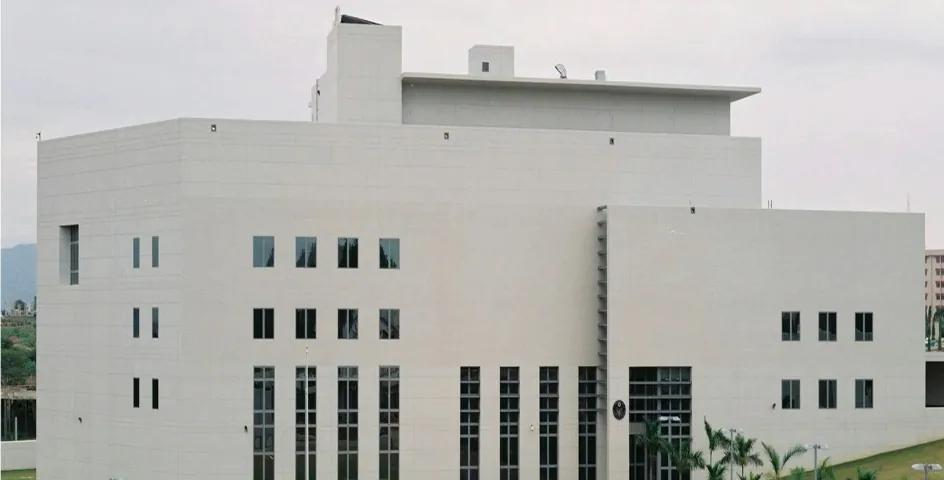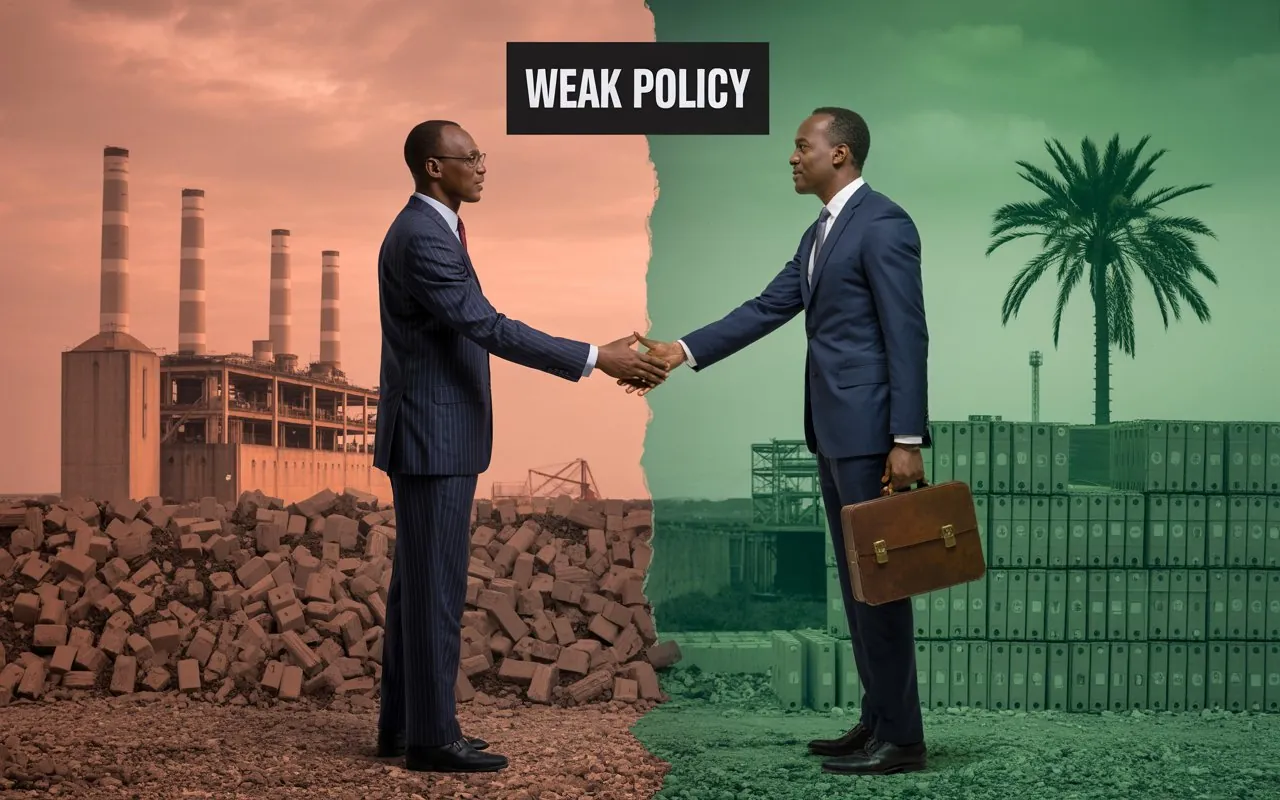The so-called “Giant of Africa” is now at a crossroads, as leading analysts and public policy experts attack Nigeria’s waning foreign policy and underfunded embassies, even while legislative pay swells to new heights. The debate over Nigeria’s international stature isn’t just about reputation—it’s a wake-up call linking years of diplomatic neglect and policy vacuums to real economic underperformance at home.
There was a time when Nigeria commanded respect as Africa’s diplomatic powerhouse, serving as a relentless force against apartheid, a stabilising presence in West Africa, and a driving architect for peacekeeping. Today, that influence, unfortunately, is on the decline—lost not to outside forces, but to what analysts call “self-inflicted wounds.” Internal insecurity, economic instability, and shrinking diplomatic budgets have “blunted” Nigeria’s voice.
“A nation cannot champion peace and stability across Africa when it is increasingly unable to secure its borders or sustain economic growth,” public policy experts at Nextier warn.
🏢 Empty Embassies, Heavy Lawmaker Pockets

As Abuja’s focus appears ever more inward, embassies have reportedly struggled to pay basic bills, diplomats have resorted to personal funds, and vital posts are left vacant.
This precarious diplomatic posture is in stark contrast with the robust, sometimes controversial, salaries and allowances collected by Nigerian legislators. Critics argue that “if our foreign service representatives are left stranded while political elites live in comfort, Nigeria risks becoming irrelevant on the global stage.”
According to the latest analysis, the imbalance—and a lack of foreign service investment—translates directly into lost trade opportunities, weak bilateral ties, and sidelined influence in international organizations and negotiations.
🕰️ Stuck in the Past: Foreign Policy Without Vision

Nigerian foreign policy, once hailed for mediating Africa’s greatest crises, now faces charges of lacking strategic vision, stuck in outdated doctrines, and being slow to adapt to global economic and security shifts.
Even as other countries expand their international reach, Nigeria’s diplomatic strategy has failed to keep pace, leaving external rivals such as China, Russia, and Turkey to step into the void and reshape Africa’s geopolitical landscape.
Ambassador Yusuf Maitama Tuggar recently set out four pillars—strategic autonomy, economic diplomacy, security and regional stability, and inclusivity—but analysts argue more must be done to operationalize these goals and to fund embassies adequately.
⚠️ Domestic Instability Weakening Global Claims
Experts point to domestic insecurity—insurgent violence, banditry, separatist unrest—and enduring economic fragility as additional factors restricting Nigeria’s diplomatic capacity. As Dr. Olive Aniunoh puts it, “Diplomacy is weakened when a nation cannot guarantee its own peace or prosperity.”
🗣️ Quote of the Day
“‘Nigeria’s standing in the world begins with the unity and strength we build at home. No country can hope to lead abroad if it falls short of leading itself.’” – Public Policy Experts at Nextier
The overwhelming consensus is clear: if Nigeria wants to regain its lost diplomatic stature and unlock global trade opportunities, it must first strengthen domestic security, modernise its embassies, and give clear strategic direction to its international engagements. The 2025 Diplomatic Conference in Abuja set the stage for such a refresh—but only determined action and genuine investment will close the gap between aspiration and reality.
